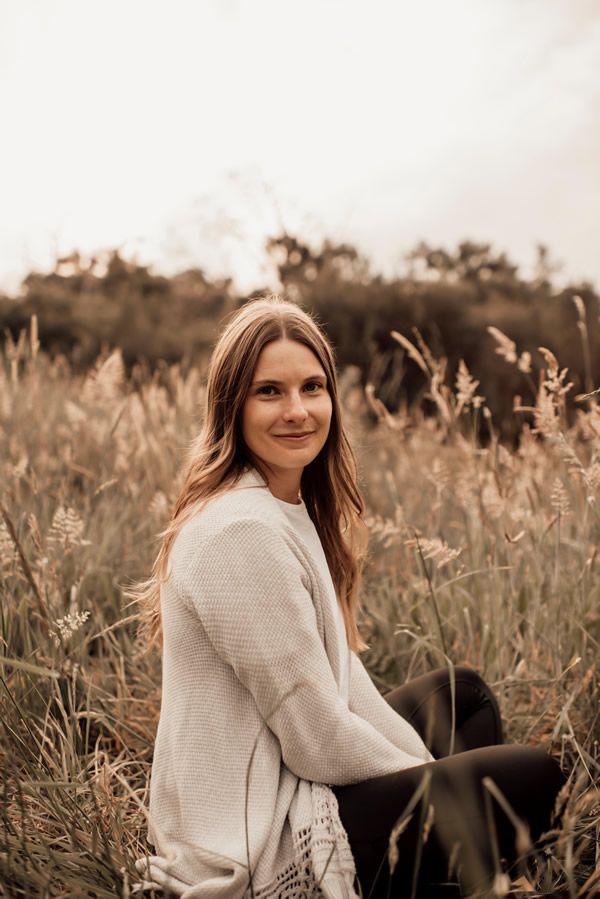Conversation X
Or, learning all about Mindful Self-Compassion with mindfulness and meditation practitioner Vivienne Law.

Readers, I have such a gift for you! This conversation with mindfulness and meditation practitioner Vivienne Law is full of gold. There are some beautiful tips for being kind to yourself, for learning how to practice mindfulness and for stepping into a more peaceful way of being.
Vivienne, thank you for your beautiful insights and willingness to share your journey with us! I found this conversation so inspiring and helpful. From someone who is still coming to grips with the concept of being kind to herself, I am just delighted to help spread the word.


Hi Vivienne, thanks so much for taking part in the blog. Can you please tell us how you learned about the concept of Mindful Self-Compassion and how did you know it was right for your life?
Thank you very much for inviting me to contribute to your blog Lyndall. I was very touched when you asked and am excited to share my passion and knowledge with your readers.
I was completing my meditation teacher training in 2021 when I first heard the concept of Mindful Self-Compassion. I had consumed a lot of Tara Brach's Radical Compassion work before and didn't hesitate to explore Kristin Neff and Christopher Germer's Mindful Self-Compassion. As someone who resonates with the notion of prevention before intervention, Mindful Self-Compassion hit the mark for me. I was drawn to the practicality of it: in three easy steps I could take a moment of difficulty, turn towards myself with more ease rather than making it worse. The teachings are easy to integrate (with practice of course!) and it's a practice for life. This is how I knew Mindful Self-Compassion was right for me and something I could passionately bring to others.
What does Mindful Self-Compassion involve? Is it a way of thinking or a whole way of life?
That's a great question! I feel it's both. Particularly in the early stages of practice it's quite a cognitive process – rewiring the mind to respond or turn towards oneself with kindness and understanding. But over time it becomes more and more an embodied experience and thus, a way of life. Simply, Mindful Self-Compassion is recognising a difficult moment and turning towards yourself with the kindness, attentiveness and understanding you would show another. It's not to fix or make the difficulty go away completely but rather not induce further suffering. The funny thing is, when we hold ourselves (and others) in this way life gets a whole lot easier as we become more resilient.
In addition to teaching meditation and Mindful Self-Compassion, you are a mental health nurse. I can only imagine what you’ve lived through during COVID. Can you tell us what you’ve seen and how you think people in our community are doing now?
This one is a tricky one for me to answer in that I began my nursing career in February 2020. So, for a period of 2–3 years, the conditions brought on by COVID were all I knew. It was hard, but I had nothing to compare it to really. What I did observe was the fallout when people's sense of control is removed. There was a lot of anxiety and people were really suffering. The rate of admissions relating to eating disorders and addictions skyrocketed which makes sense when you understand that these conditions manifest to exert control and escape pain. COVID was hard for everyone. Healthy coping strategies were removed (think gym, socialising in person, community programs) and what was left was a community that didn't quite know how to be with themselves, particularly in the midst of uncertainty and difficulty. Relationships – whether they be work, family, intimate or friendships – were tested because of the heightened fight/flight state brought about by COVID. But I do genuinely believe that people were doing the best they could with what resources and resilience they had at the time.
There is still a high prevalence of anxiety in the community and it is well-known we are in the midst of a mental health crisis. People who really need mental health care either can't afford it and have to rely on the public sector or are competing with long waitlist times. Programs including Mindful Self-Compassion, Acceptance and Commitment Therapy and Dialectical Behavioural Therapy are so important and needed. Most of us have an innate level of resilience, otherwise we wouldn't be here! But if under the right conditions it is normal to come undone and we saw this during COVID. You don't have to have a diagnosed mental illness to benefit from the programs mentioned. The skills and teachings are so valuable and they help us to stand on our own two feet in the midst of tough times. This not only has incredible outcomes for the individuals but also for the community as the demand on mental health services dissipates.
On the other hand, I do think there are a lot of people living better since COVID. The impact of lockdowns and disruption to life highlighted to many what is important to them and this has changed how they live and work for the better.
Can you tell us what role you think Mindful Self-Compassion plays in our busy – and stressful – contemporary lives?
Mindful Self-Compassion is the perfect antidote to the busy nature of our lives. In Mindful Self-Compassion, there are two quintessential questions. First: How am I? Second: What do I need?
When life gets busy, stressful, muddy we often lose sight of ourselves and prioritise others or the situation at hand. But we know both anecdotally and from research that by checking in with ourselves, recognising our limits and taking time to tend to our own needs, values and goals first, we are better able to support others and show up in the world more effectively. What you'll find is the people most compassionate, truly compassionate are those with the healthiest boundaries (not only with others, but themselves too). Mindful Self-Compassion invites us to pause, check-in and care for ourselves.
This differs from the buzz use of the term self-compassion because mindful self-compassion has the added element of mindfulness (to notice, be aware). Self-compassion is not all bubble baths and massages after a long week – not that anyone would turn that offer down! An example of Mindful Self-Compassion might be noticing an urge to order takeaway dinner for the third time in the week (because Thai is delicious) while also being aware that you value the longevity of your health and wish to make healthier choices. The self-compassionate thing to do here might be to prioritise the hard choice over the short-term pleasure because it aligns with a deeper need or value.
When we are stressed or on the go all the time, we become more reactive than thoughtful. And we can become more reactive, critical and snappy towards ourselves as much as others. Again, mindful self-compassion invites us to hold the difficulty that is stress, being imperfect, juggling a million things at once alongside the notion that we are all inherently deserving of care, respect and kindness – including ourselves. Mindful Self-Compassion encourages us to take our own side and this kind of loving, connected awareness is crucial in our busy, stressful lives as it keeps us grounded in what matters most.
What tips can you give us to start using the techniques straight away?
A great place to start is by practicing the bones of Mindful Self-Compassion: notice, normalise and nurture.
- First notice and label the difficulty you are experiencing. Refrain from over-identifying with the experience, so instead of saying "I am..." or "I can't..." try "I am feeling..." or "I am noticing..." or "This is..."
Try noticing where in your body you feel the stress or difficulty. - Normalise your experience, not to minimise but rather remind yourself that you are not alone. It is highly likely that many others have felt as you do in this kind of situation. Difficulty is a normal and shared part of the human experience. Normalising helps to reduce feelings of shame and isolation. You might remind yourself "It's okay to feel as I do, others would if they were facing this."
- Only once you have completed the first two stages then can you truly nurture yourself. Now that you hold an awareness of what the difficulty is, you can tend to that. This might be through words of support or encouragement "I've got this...", "I am enough...". Or it might be to simply place a warm hand on the part of your body that is holding the tension and rest it there as a gesture of kindness or support. You might also consider compassionate action like I mentioned in the last question. Saying yes, saying no, taking value-aligned action, resting, engaging – what you feel the most self-compassionate action is.
The art of Mindful Self-Compassion lies in practice. You can't read this sequence once and expect yourself to be able to recall it in a highly stressful time. It takes time and conscious practice, but is well worth it when you do.
Where can people learn more about Mindful Self-Compassion?
I began by immersing myself in self-compassion texts, so here are my top book recommendations to get your readers started:
- Self-Compassion: The Proven Power of Being Kind to Yourself – Kristin Neff
- The Mindful Path to Self-Compassion: Freeing Yourself from Destructive Thoughts and Emotions – Christopher Germer
- Radical Compassion: Learning to Love Yourself and Your World with the Practice of RAIN – Tara Brach
- The Gifts of Imperfection – Brene Brown
Readers can sign up for my Roadmap to Self-Compassion which elaborates on the three steps: notice, normalise and nurture. It's a great place to get started.
To learn more about the origins of Mindful Self-Compassion, Kristin Neff's website has plenty of information and research.
Readers who would like support in practicing Mindful Self-Compassion are welcome to check out my website and head to the Mindful Self-Compassion page. I run Mindful Self-Compassion programs (8 weeks), workshops (2-3 hours) and retreats (3-5 days) periodically throughout the year. The best way to stay up to date on these is via my newsletter (sign up via my website) and Instagram account @a_mindful_mind.
For an in-person experience, I also run a monthly self-compassion immersion called Soulful Sundays. It is held on the third Sunday of each month in Highett and includes a brief topic talk, self-compassion-based meditation, journalling time, an open sharing circle and a compassionate connection circle to close. This is limited to 10 people to keep an intimate feel. Your readers are very welcome to join us.
